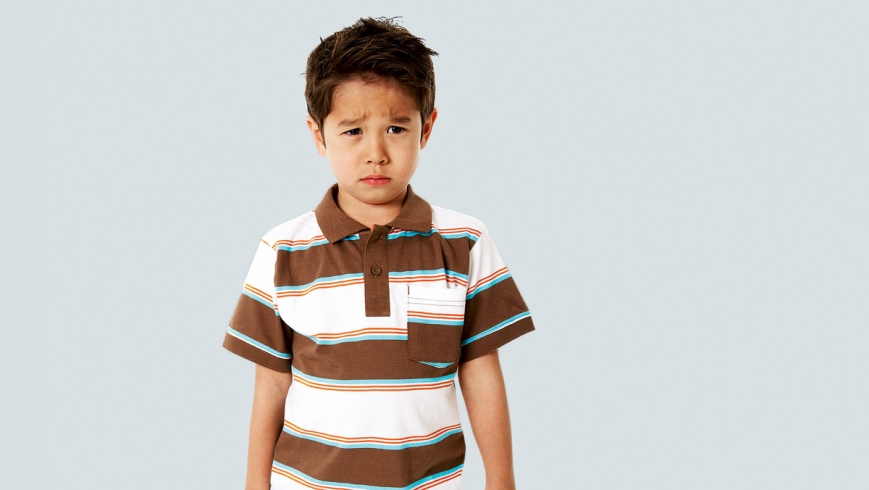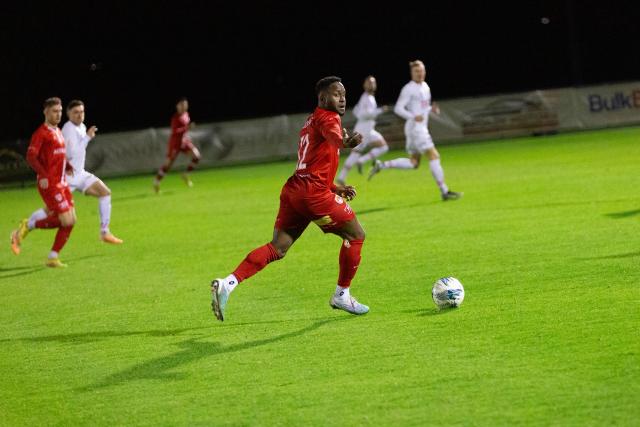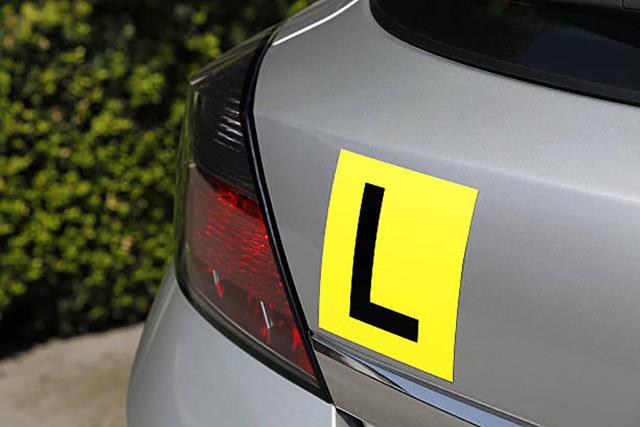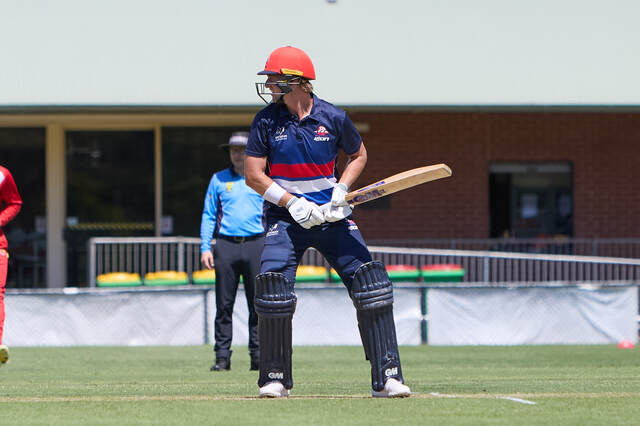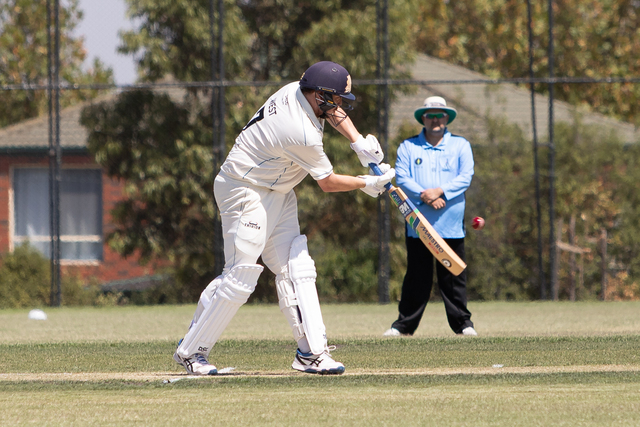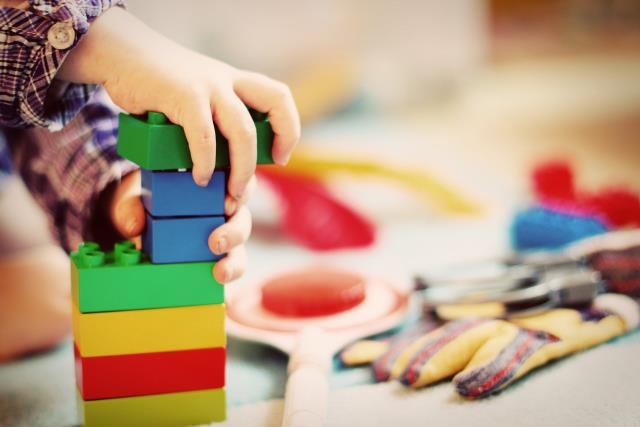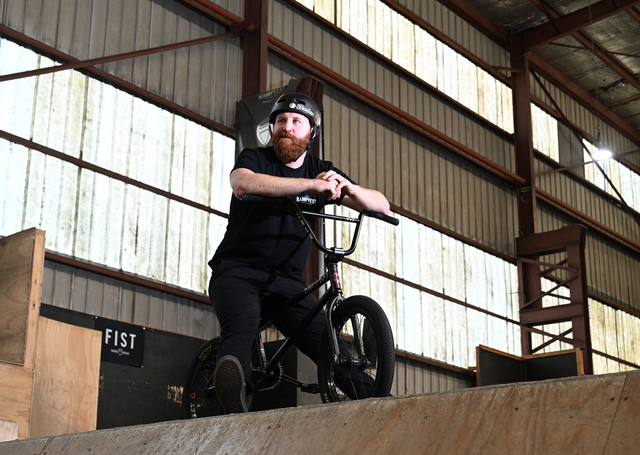When my brother and I were preschoolers, we would wander off to the local milk bar on our own. Presumably mum knew where we were going because she usually gave us money to bring home bread or milk or a packet of Benson & Hedges.
Those were the days, hey. Anyway, along the way, there was a house full of kids we called “the toughies”. They were also preschoolers – or we assumed they were because they were also not at school – and I’m not even sure they were supervised because when they saw us pass by their window they would run out and pull our ears and stand on our toes. Not once did a grown-up come out from that house and tell them to stop.
When we told mum about “the toughies”, she said next time tell them that sticks and stones will break our bones but words will never hurt us. This didn’t help.
If they just called us names, we wouldn’t be hobbling off with aching toes and throbbing ears.
So we worked out our own plan. From then on, we went a different way. Geniuses, right? Relying on our wit and cunning to survive in this dubious, lawless neighbourhood where four-year-olds risked their lives for 20 cents worth of mixed lollies.
I recall this formative moment because my seven-year-old is having trouble with the school rule, “you can’t say you can’t play”. The concept was invented by a kindie teacher of vast experience who was tired of seeing “boss” groups of kids use exclusion as a power tool in the playground. It’s now pretty much universally applied as an anti-bullying rule in well-meaning primary schools around the world. Thankfully, there’s also zero tolerance for ear-pinchers and toe-squishers in schools, so we should all be happy it’s just negative feelings such as isolation, rejection and loneliness we now need to fear for our children. Forget about sticks and stones, some words do actually hurt as it turns out.
Mine have known the “can’t say you can’t play” rule since kindie, and I have to admit it has helped them along the way, much more than “you get what you get and you don’t get upset”, which they’re a bit less enthusiastic about. But my seven-year-old is having trouble with the concept because the kid who really wants to play with her is an excluder. She wants my daughter to herself, and anyone else who wants to play with them is sent packing. My daughter can’t say you can’t play to the perpetrator because she doesn’t want to break the rule, even though that is exactly what the perpetrator is doing to other kids.
What to advise? Her teacher told her to find someone else to play with, but the other kid followed and tried to run the show. Eventually it was just the two of them again. Then she came up with her own plan. When the perpetrator said, “You’re playing with me today”, my kid said, “Actually, so-and-so told me she really, really wants to play with you”. Cunning, yes, and slightly stretching the truth, but she didn’t technically break any rules and no one’s feelings were hurt. Like my little brother and I all those years ago on our dangerous quest for a bag of freckles and cobbers, she just went a different way to solve a problem. Kids are good like that.

